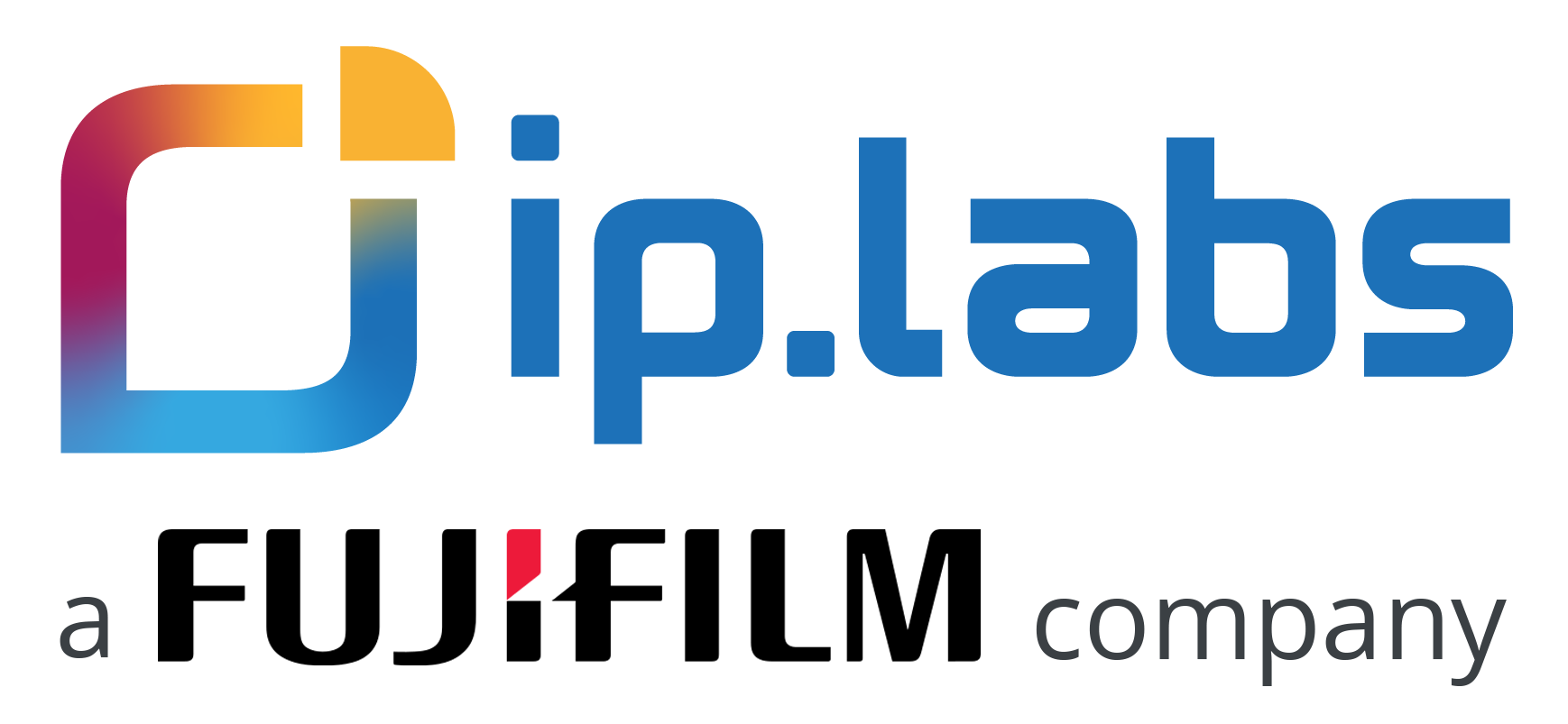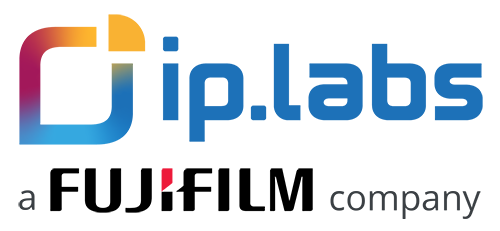7 min read
Boost Consumer Engagement: The Influence of Personalization on Photo Products
Mar 19, 2024

In today's digital age, where consumer expectations are constantly evolving, personalization in the photo product industry has emerged as a key differentiator in driving consumer engagement and loyalty. Personalization allows consumers to tell their stories, making each product uniquely theirs. This transformation is not just about adding a name or a photo to a product; it's about creating a deeply personal connection between the consumer and the product. This shift towards customization is reshaping the industry, offering new opportunities for brands to engage with their customers more meaningfully.
Brands that successfully leverage personalization are finding that it not only enhances the consumer experience but also fosters a sense of loyalty and attachment to the brand, setting the stage for long-term relationships and repeat business.
This blog explores the undeniable impact of personalization on consumer engagement in the photo product industry and proposes that personalization is not just a trend — but is the primary factor driving consumer engagement.
Contents
Personalization: The Key to Consumer Hearts
Consumers' demand for personalization is undeniable. According to Forbes, 91% of consumers are more likely to shop with brands that provide offers and recommendations relevant to them. Additionally, 80% are more likely to purchase a brand that offers personalized experiences.
In the world of photo products, we've witnessed a transformative shift from mere keepsakes to storytelling tools. This evolution reflects a growing consumer desire for items that do more than just capture moments; they encapsulate experiences, emotions, and personal journeys.
Advancements in technology and shifts in consumer behavior are no doubt driving this shift. For instance, integrating user-friendly design interfaces and AI-driven customization tools has made it easier for consumers to craft highly personalized items.
An example is the rise of custom photo books, which allow families to chronicle life's milestones in a uniquely personal way. Unlike the standard photo albums of the past, these books offer extensive customization options, from layouts to captions, enabling individuals to create a narrative that's truly their own. This updated approach to memory preservation marks a significant departure from the one-size-fits-all products of yesteryears, offering a more engaging and emotionally resonant experience.
![[blog] IMG 700 x 700 px Personalization](https://www.iplabs.com/hs-fs/hubfs/21%20-%20Website/21%20-%20blog%20photo%20products%20delight/Images/%5Bblog%5D%20Personalization.png?width=253&height=253&name=%5Bblog%5D%20Personalization.png) The shift towards personalized photo products allows consumers to play a more active role in the creation process, turning products from mementos into extensions of personal expression. And consumers are responding positively. The market for personalized gifts, estimated at USD 30.3 Billion in 2022, is projected to reach US$47.6 Billion by 2030. This growth is a testament to the value of personalization in an era where digital and physical realms converge, creating new opportunities for businesses to engage with consumers on a deeper level.
The shift towards personalized photo products allows consumers to play a more active role in the creation process, turning products from mementos into extensions of personal expression. And consumers are responding positively. The market for personalized gifts, estimated at USD 30.3 Billion in 2022, is projected to reach US$47.6 Billion by 2030. This growth is a testament to the value of personalization in an era where digital and physical realms converge, creating new opportunities for businesses to engage with consumers on a deeper level.
Emotional Engagement: The Key to Loyalty
By their very nature, personalized photo products invite consumers to fill them with their memories, making each product inherently more valuable and emotionally charged than generic offerings. As such, the bond between consumers and personalized photo products is often not just about a single transaction; it's rooted in ongoing emotional engagement. The connection goes beyond the mere act of purchasing; instead, it fosters loyalty beyond traditional consumer-brand relationships.
This trend is underscored by data showing that companies offering customized products report a 40% decrease in consumer returns. Furthermore, 85% of gift buyers say that personalization is a significant factor in determining the perfect gift, indicating a clear trend toward customized gifting options.
A classic example of this is the creation of personalized photo albums to celebrate life's milestones. Unlike generic photo albums, these customized items allow individuals to relive their cherished memories —a birth, marriage, or graduation ceremony perhaps. They create a strong emotional bond with the product and, by extension, the brand. This emotional investment increases the product's perceived value and enhances customer loyalty.
The transition from traditional photo products to personalized offerings represents a significant shift in the photo product market, placing emotional engagement at the heart of consumer loyalty. Brands that successfully leverage personalization to foster emotional connections better position themselves to build long-lasting relationships with their customers. As the personalized photo product market continues to grow, understanding and harnessing the power of emotional engagement will be crucial for brands looking to differentiate themselves and build a loyal customer base.
A Competitive Edge in a Crowded Marketplace
The adoption of personalization has become integral to consumer shopping preferences, serving as a critical differentiator in a crowded market. As the market becomes increasingly saturated, brands that offer personalized photo products can stand out, attracting and retaining customers by catering to their unique preferences and desires.
For photo product providers, investing in advanced personalization technology and diversifying product features is now a core strategy to gain a competitive advantage.
For example, the rise of social media and digital photography has fueled consumer demand for unique, personalized photo products to capture and showcase their individual memories and experiences. Alongside this, enhanced e-commerce offerings provide easy-to-use channels for consumers to explore and purchase personalized photo products, driving market accessibility and reach.
Photo product companies that leverage user-generated content and social media trends can create highly personalized and interactive shopping experiences. By integrating AI-driven customization tools, a company can offer consumers products that are unique but also resonate with individual stories, resulting in a significant uptick in customer engagement and loyalty. Personalization can serve as a powerful tool for differentiation in a crowded market, enabling brands to establish a strong connection with their audience.
 Adopting personalization strategies offers photo product businesses a formidable competitive advantage in today's digital economy. By embracing personalization, brands can not only meet but exceed customer expectations, fostering a loyal customer base and distinguishing themselves from competitors. Personalization is not just a market trend but likely the most fundamental shift in the photo product industry seen in years, shaping the future of how every photo product business will engage with their customers.
Adopting personalization strategies offers photo product businesses a formidable competitive advantage in today's digital economy. By embracing personalization, brands can not only meet but exceed customer expectations, fostering a loyal customer base and distinguishing themselves from competitors. Personalization is not just a market trend but likely the most fundamental shift in the photo product industry seen in years, shaping the future of how every photo product business will engage with their customers.
Standing on the Brink of Greatness
As we stand on the brink of a new era in the photo product industry, it's clear that personalization is no longer just an option—it's a necessity. Brands that embrace this shift and offer consumers the tools to create products that truly reflect their personal stories and memories will not only survive but thrive. The future is bright for those who recognize the power of personalization to transform a simple product into a cherished memory, deepening consumer engagement and loyalty. Let's look forward to a world where every photo product tells a unique story, bringing us closer to our moments, one personalized item at a time.
Unlock the full potential of the personalized photo product industry with our comprehensive guide. Click here to secure your copy of ip. labs' insightful ebook, "Global Personalized Photo Product Market: Evolution and Opportunities" – your free resource for staying ahead in the market.
Topics: market personalization
Written by Dominique Metzler
As a digital marketer, I believe that (just as it is in B2C, where the most successful companies focus on their customers) a partner-first approach is what separates good B2B companies from great ones.


![[blog] IMG 750 × 297px The Global Personalized Photo Market E-Book Banner](https://www.iplabs.com/hs-fs/hubfs/21%20-%20Website/21%20-%20blog%20photo%20products%20delight/Images/%5Bblog%5D%20IMG%20750%20%C3%97%20297px%20The%20Global%20Personalized%20Photo%20Market%20E-Book%20Banner.png?width=750&height=297&name=%5Bblog%5D%20IMG%20750%20%C3%97%20297px%20The%20Global%20Personalized%20Photo%20Market%20E-Book%20Banner.png)

